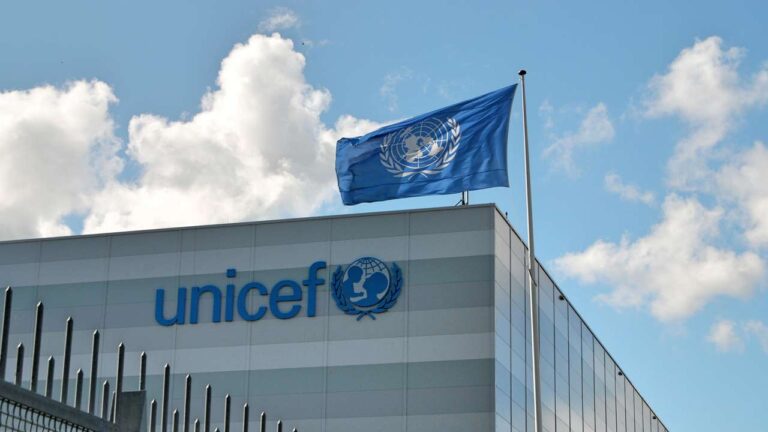June 17, 2024
The United Nations Children’s Fund (UNICEF) has said that disease outbreaks in Nigeria will continue to hinder the progress of the country in achieving the health-related Sustainable Development Goals (SDGs).
According to the Chief of UNICEF Lagos Field Office, Celine Lafoucrier, SDG 3, which focuses on ensuring healthy lives and well-being for all, might be derailed owing to the diversion of lean resources to combat outbreaks.
Lafoucrier, who spoke while responding to the cholera outbreak in Lagos State that has claimed 15 lives, maintained that during outbreaks, the overstretched health system would be hugely impacted.
UNICEF also urged the Lagos State government to urgently provide high standard water and sanitation facilities to communities to curb cholera outbreak in the state.
To reduce fatality associated with the disease, UNICEF asked the state government to strengthen its healthcare systems and make them capable of responding to the demand in times of outbreaks.
She said: “These outbreaks strain Nigeria’s health system, diverting limited resources from essential services like routine immunisations and maternal and childcare, as well as undermining universal health coverage.
“Outbreaks disrupt health programmes, leading to a resurgence of vaccine-preventable diseases, such as measles and diphtheria, which hinder efforts to reduce child mortality and control epidemics.
“Economically, outbreaks shift funds from primary healthcare to emergency response, causing economic downturns that reduce health budgets and government revenues, further straining health services.
“However, outbreaks also present opportunities to strengthen Nigeria’s health system. A robust response is needed to improve health infrastructure, enhance economic resilience, and ensure equitable access to health services. This is essential for mitigating the impact of outbreaks and progressing towards sustainable health outcomes.”
Lafoucrier said that vulnerable people not only battle health risks, but were faced with the possibility of having their education system disrupted.
“Educational disruption is yet another critical consequence of the cholera outbreak, as illness and the need to care for sick family members lead to school closure and reduced attendance, hindering children’s learning and development.
“Similarly, post-recovery issues in children can include malnutrition, stunted growth, and weakened immune system, increasing susceptibility to other diseases.
“These outbreaks underscore the urgent need for improved access to clean water and sanitation in many areas. Despite the state government’s efforts to provide water for its population, the current outbreak demonstrates the need for an urgent government focus on ensuring that the water provided for the population is clean and risk-free,” Lafoucrier further stated.
